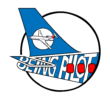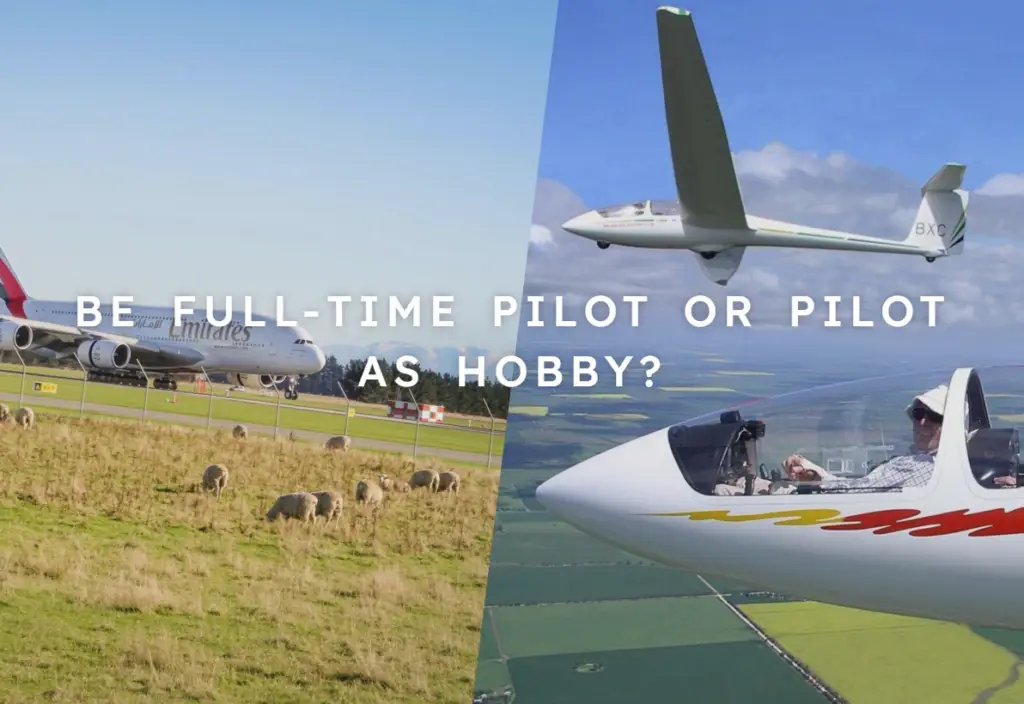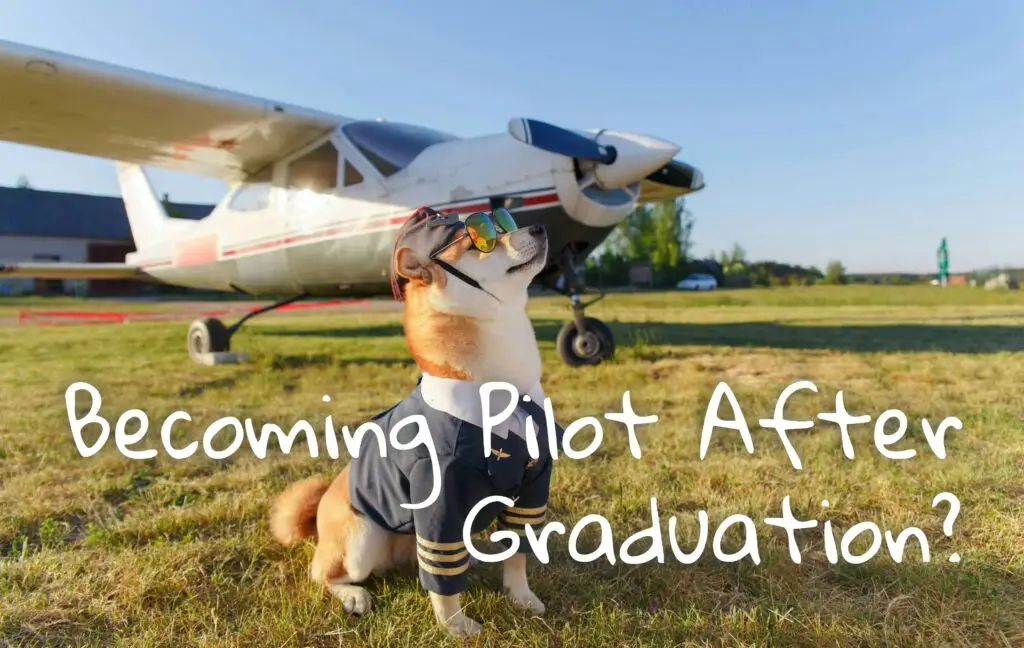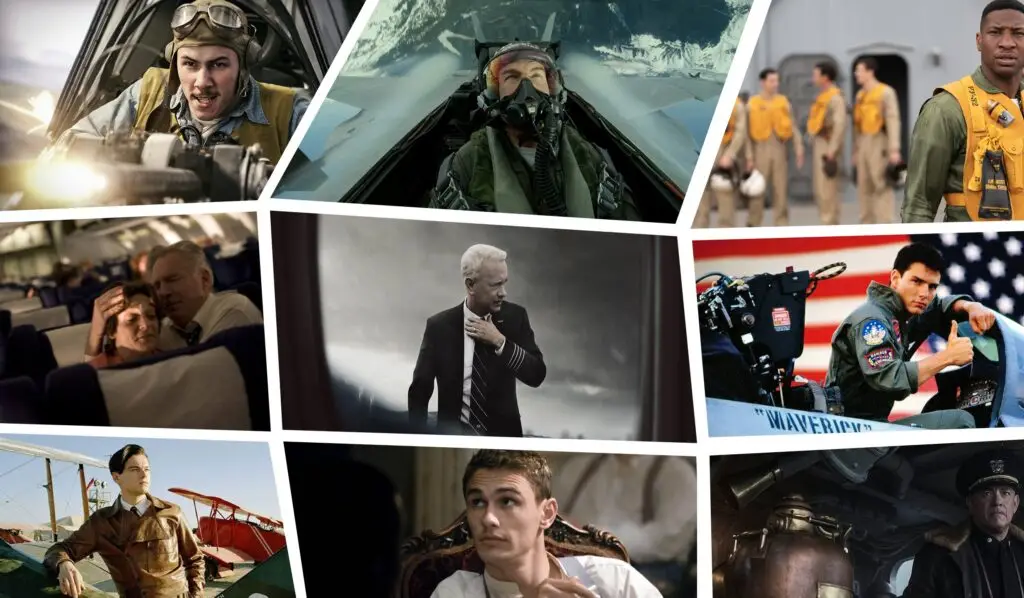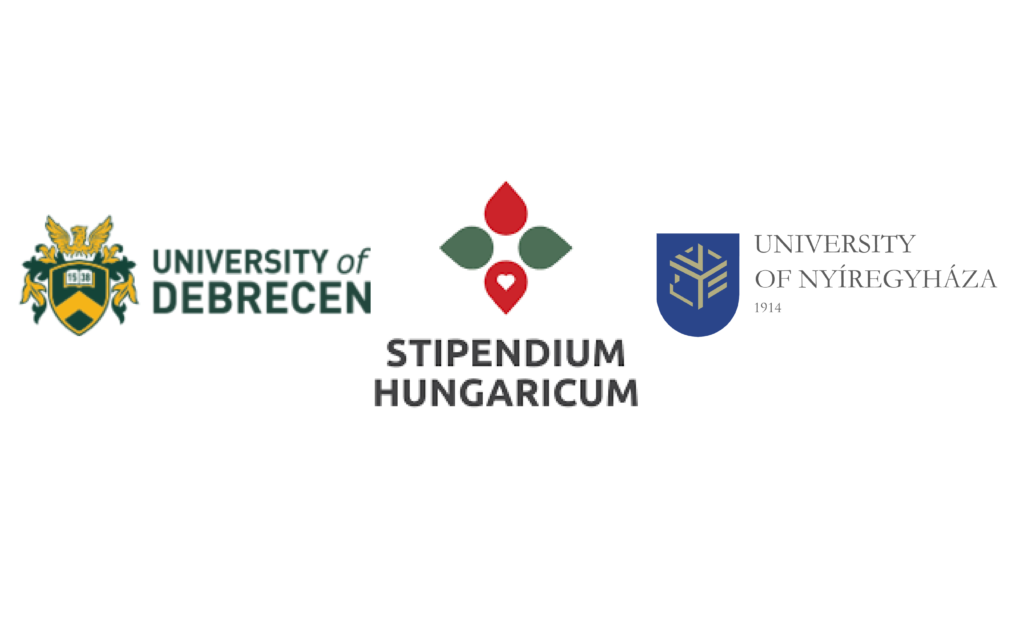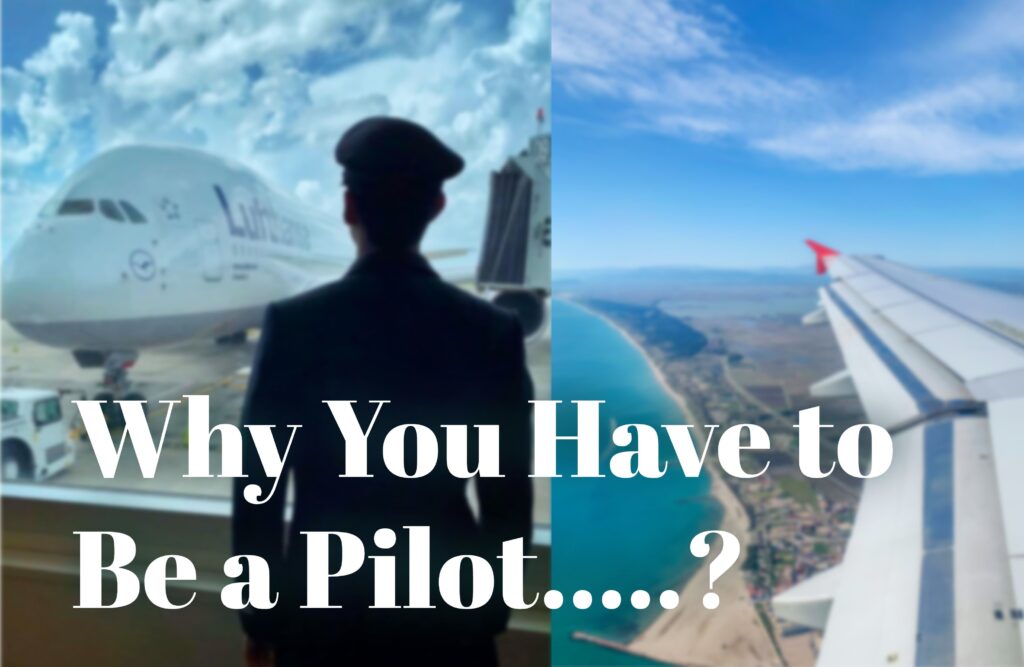Should I Be a Full-Time Pilot or Do It as a Hobby?
Be Full-Time Pilot or Pilot as Hobby? Pilot Training: Should It Be Your Full-Time Job or Just an Experience? There are two types of people in the field of aviation: those who become fully commercial airline pilots and those who become pilots just for a hobby. The people who do it as a hobby may have another job as a backup plan and get flight training later on or they may obtain PPL and acquire a small aircraft such as a Cessna for leisure flying. I am the second type. I changed my path after college for monetary reasons, and I am now doing my bachelor’s in a different subject (Economics). I wish to get my PPL when I am able to pay for the training, and if possible, I shall continue to further ratings. I am also planning to buy a Cessna-type plane or a glider if I do not continue with commercial training. For fun, last month I bought an RC plane to play with and revive my dream. Becoming a Full-Time Pilot A commercial airline pilot may find flying magical. It feels amazing to get inside the airport, go through security checks, prepare for flying, and get mesmerizing views from the window; it’s all like having a vacation every day. It feels like living a dream in the sky every day. However, some individuals find the flying routine to be monotonous and tiring; from the take-offs, ATC communications, silence and loneliness, landings, and repetition all make them exhausted. Becoming a Pilot as a Hobby There are many people in the world who have different careers, like engineers, doctors, economists, psychologists, and others, who have dreamt of being a pilot. They ultimately cannot switch job titles but get their PPL, and may even buy their own aircraft and fly them on weekends. In my opinion, both scenarios are justified, but I recommend having a backup plan, like having expertise in a different field. If you decide to pursue a career in aviation and discover that it’s a good fit for you, you can continue with it. But if you find it boring, you can switch to your other expertise.
Should I Be a Full-Time Pilot or Do It as a Hobby? Read More »
